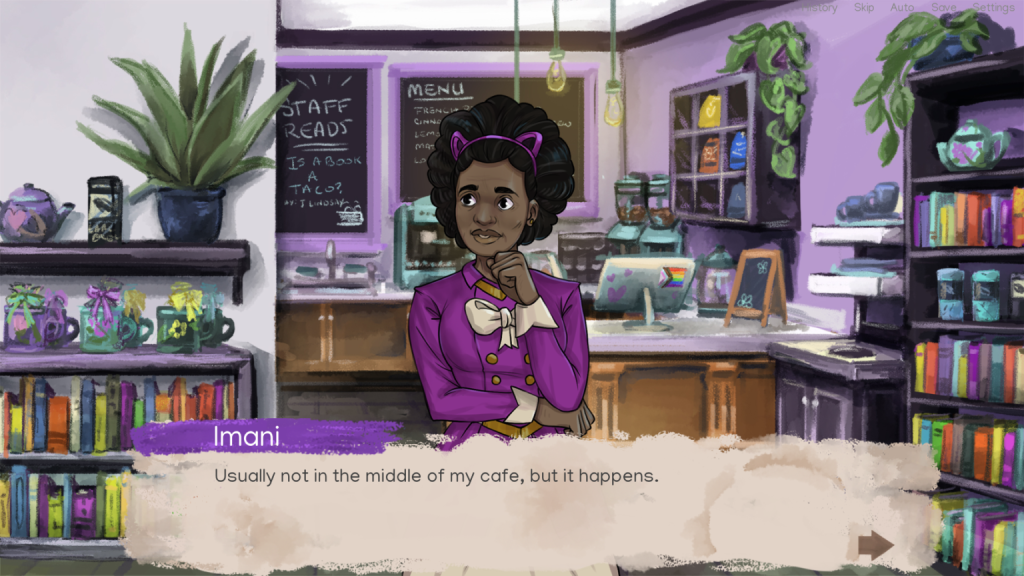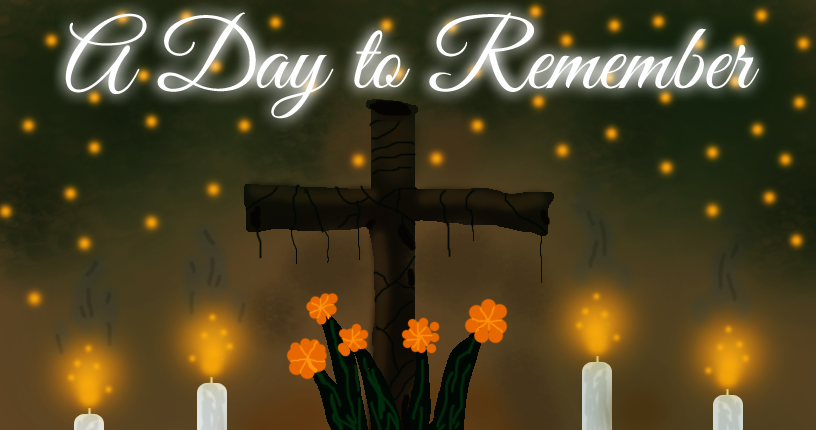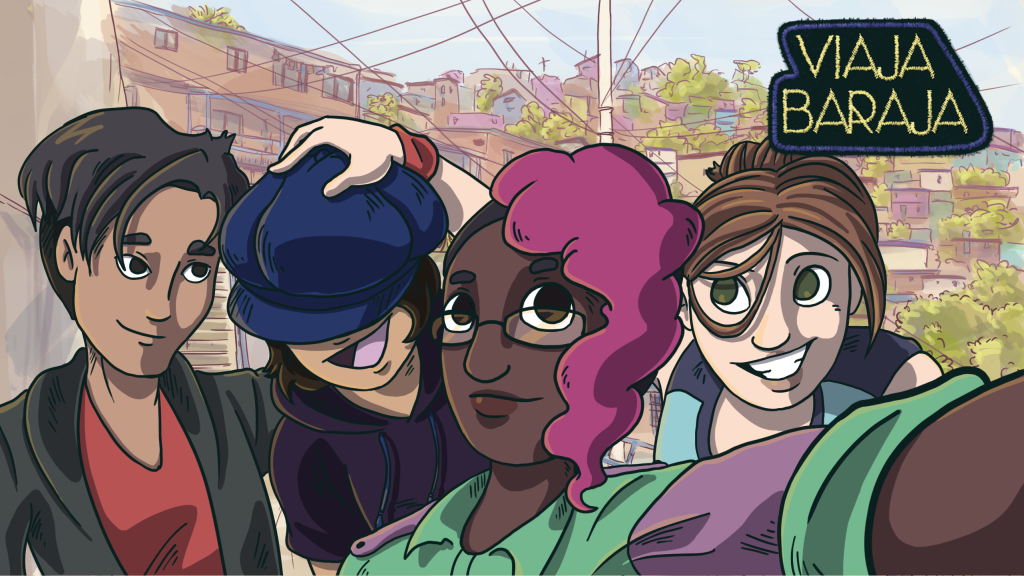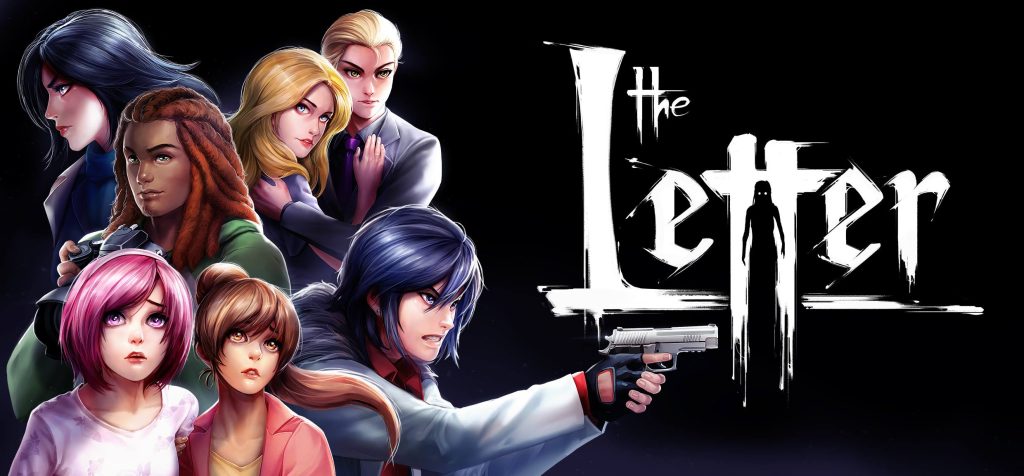As visual novels have been gaining traction in various parts of the world, we are starting to see more diversity in the characters and cultures portrayed in these stories. It’s exciting to see a wide variety of people represented, and I think this is really going to help expand our visual novel community. Here are five visual novels that show diverse people and cultures in their stories.
Call Me Cera by Toadhouse Games

Platforms: Windows, Mac, Linux (Steam, demo available on itch.io)
Call Me Cera is a game currently in development, following the main character Cera on her journey through self-improvement and healthy relationship building. What’s wonderful about this game is that we are introduced to characters with varying skin tones, ages, and identities. Only a few individuals are introduced in the demo, but the sneak peek screenshots on itch.io reveal other characters of various ethnic backgrounds. I would describe the atmosphere of this game as wholesome and informative, because this game represents realistic and darker issues that people face in their day-to-day lives, but it seems to address all of these real-life issues in a positive way.
A Day to Remember by Carl Marajay

Platforms: Windows (itch.io)
A Day to Remember was released for the Hispanic Heritage Month Jam 2020. I want to highlight this one because it’s an English-language visual novel that highlights traditions in Latin American culture, specifically Día de los Muertos—the Day of the Dead. This is a concept I personally had not come across in the OELVN community. The developer does warn readers that he is not of Latin American heritage and encourages players to correct him on potential cultural mistakes. That being said, I did find inconsistency in the spelling and also found that the gameplay was quite buggy. I had trouble playing this as I found the bugs very obtrusive to gameplay, and found myself inclined to do more research on the traditions represented in-game. Even so, I wanted to shed light on this visual novel because I think the concept is brilliant, and hope that it inspires the development in future visual novels.
Viaja Baraja by Matajuegos

Platforms: Browser (itch.io)
Growing pains are something a lot of us face as we enter a new chapter of our lives. Viaja Baraja is a visual novel about growing up in Latin America. This is an original Spanish-language visual novel which has not been translated to English. It was developed by Matajuegos in collaboration with Fundamación SES. You play as Daira, a recent high school graduate, and the time has come for her to leave and travel on a long-awaited van trip with her friends. This is a relationship-building visual novel with a card-based gameplay experience; play the cards based on your emotions and express yourself in certain situations. Explore various parts of Latin America while experiencing some of the social pressures of their youth.
The Letter by Yangyang Mobile

Platforms: Windows, Mac, Linux (itch.io, Steam)
The Letter is a visual novel that revolves around the strange happenings at the Ermangarde mansion, as we follow each of the cast members, unraveling the dark secrets of a mysterious letter found within the old house. While this is a horror visual novel, you’ll find that there’s a melting pot of different cultures, which gives a nice touch to the overarching story line. All of the characters have pretty distinct backgrounds, and it breathes life into their personalities. Isabella Santos, for example, was born in the Philippines and immigrated to the fictional city of Luxbourne. Being of Filipino heritage myself, I thought it was refreshing to see a Filipina character; a type of character I haven’t come across in other games. Overall, while this novel focuses on the spooky themes rather than diving deep into cultural backgrounds, the cultural influence is evident and it ties in nicely with the main story.
Women of Xal by Project Trinity

Platforms: Windows, Mac, Linux (itch.io, Steam)
Women of Xal is a visual novel that represents people of color, especially women of color, in a world of fantasy and politics. A new Matriarch will soon reign supreme, and you follow the protagonist Xjena in her upward battle to claim the title. But Xjena isn’t a passive, faceless female protagonist—she’s worth her salt. Although you can choose many of her dialogue responses, all of the choices seem to be a good representation of the distinct character she can become. Xjena isn’t the only one in the race to become the next Matriarch, however; there’s a slew of other capable women after the same thing, which makes this political tug and pull amongst women very intriguing.







